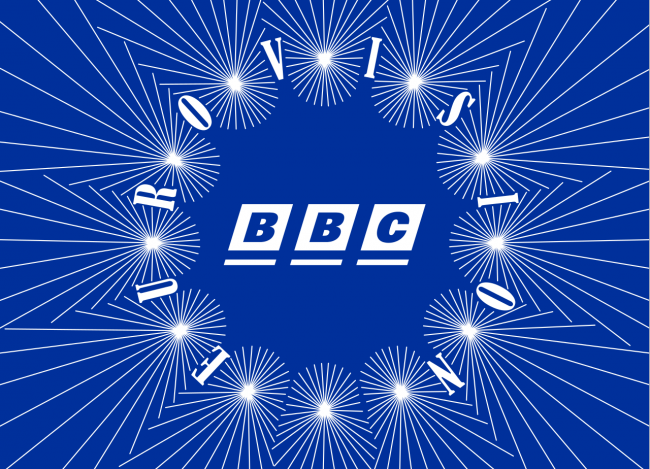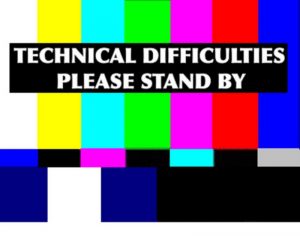
ESC stands for Eurovision Song Contest – it’s the annual music show that pits the talents of performers from across the Eurovision broadcasting network (controlled by the EBU – the European Broadcasting Union) against each other.
These days, up to 40 countries take part each year – the numbers goes up and down slightly. When we say countries, really we should be saying broadcasters – since the entry is chosen by the national broadcaster in each case.
Why is Israel/Australia/Azerbaijan (etc) allowed in?
Non-European countries can take part in the Eurovision Song Contest because participation is not based on geography, but on membership of the European Broadcasting Union (EBU). The EBU is a network of public service media organisations, and countries like Australia, Israel, and Azerbaijan are active members or associates. If a broadcaster belongs to the EBU and is willing to meet the contest’s rules and costs, it can be invited to participate—regardless of where it is on the map.
Do artists have to sing live at Eurovision?
Yes. All lead vocals must be performed live on stage—lip syncing is strictly forbidden. However, backing vocals can now be pre-recorded, a rule introduced in 2021 to give broadcasters more flexibility. Instruments are also mimed, since no live instruments are allowed on stage during the performances. This setup ensures a level playing field while still giving each act creative freedom in how they stage their song.
ESC Voting

Voting is a complex matter. ESC viewers have their say, but some of the overall score is also decided by a jury of ‘experts’ – which could be anyone from the cleaner through to the boss of a record company whose acts are taking part (it does happen).
There are usually two semi-finals that weed out the dross. Ten songs get through to the final from each. Six other countries are automatically through to the final – these are the five broadcasters that pay most into the running of the EBU (UK, Germany, Italy, Spain and Germany) and the host nation (usually the winner from the previous year). Fans get into all sorts of arguments about how fair this is.
Fame after ESC
 Winning (or doing well in) the show rarely offers performers more than a temporary career boost. They’re usually pretty much forgotten outside their own country within twelve months – though their are exceptions – Abba and Celine Dion did OK out of it, but there’s not many non-fans who could pick Ruslana or Sertab Erener out of a police line-up. And that’s Loreen in case you wondered. She won. A few years back. Again.
Winning (or doing well in) the show rarely offers performers more than a temporary career boost. They’re usually pretty much forgotten outside their own country within twelve months – though their are exceptions – Abba and Celine Dion did OK out of it, but there’s not many non-fans who could pick Ruslana or Sertab Erener out of a police line-up. And that’s Loreen in case you wondered. She won. A few years back. Again.



